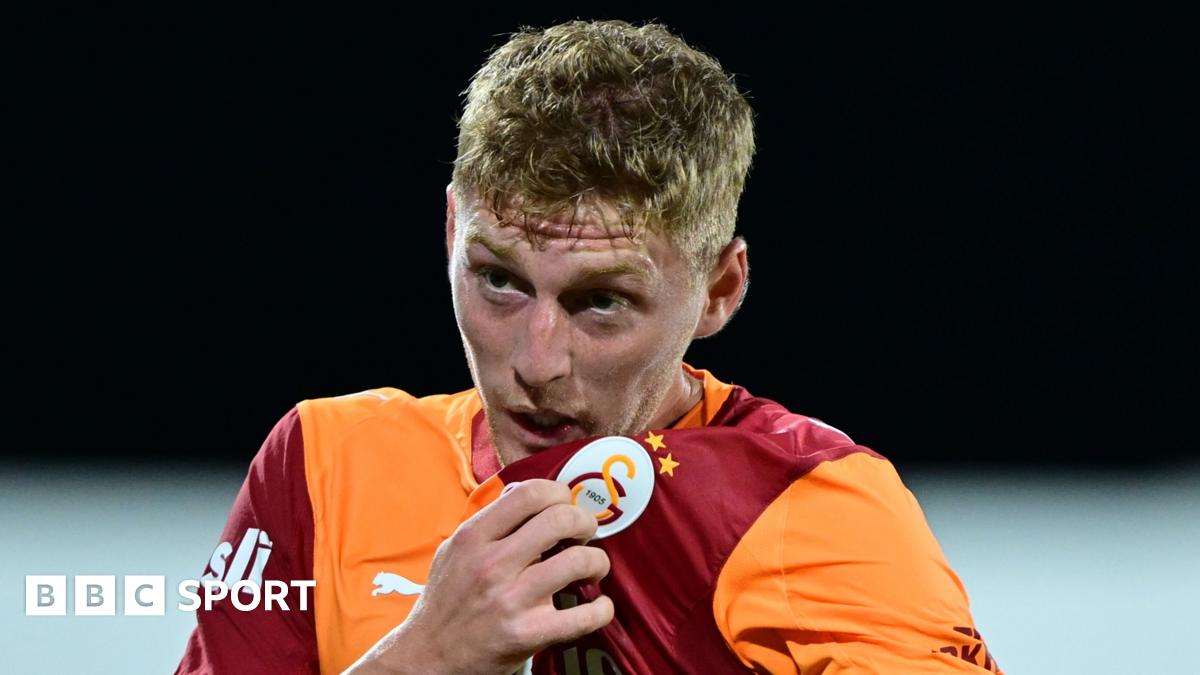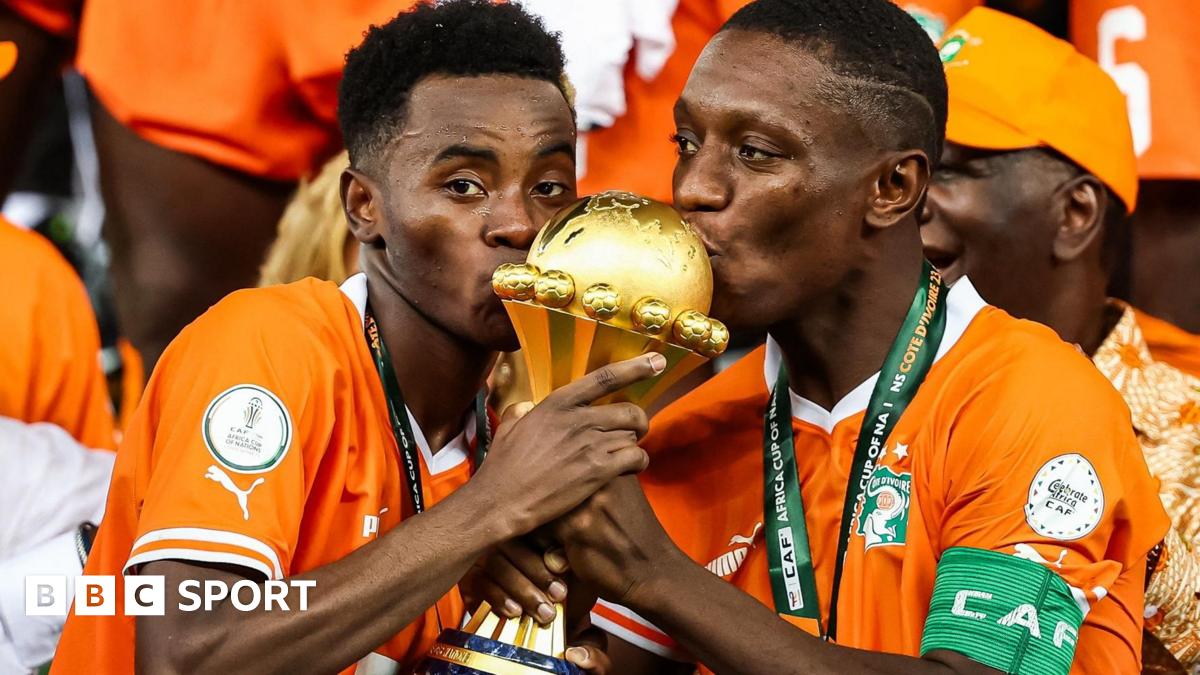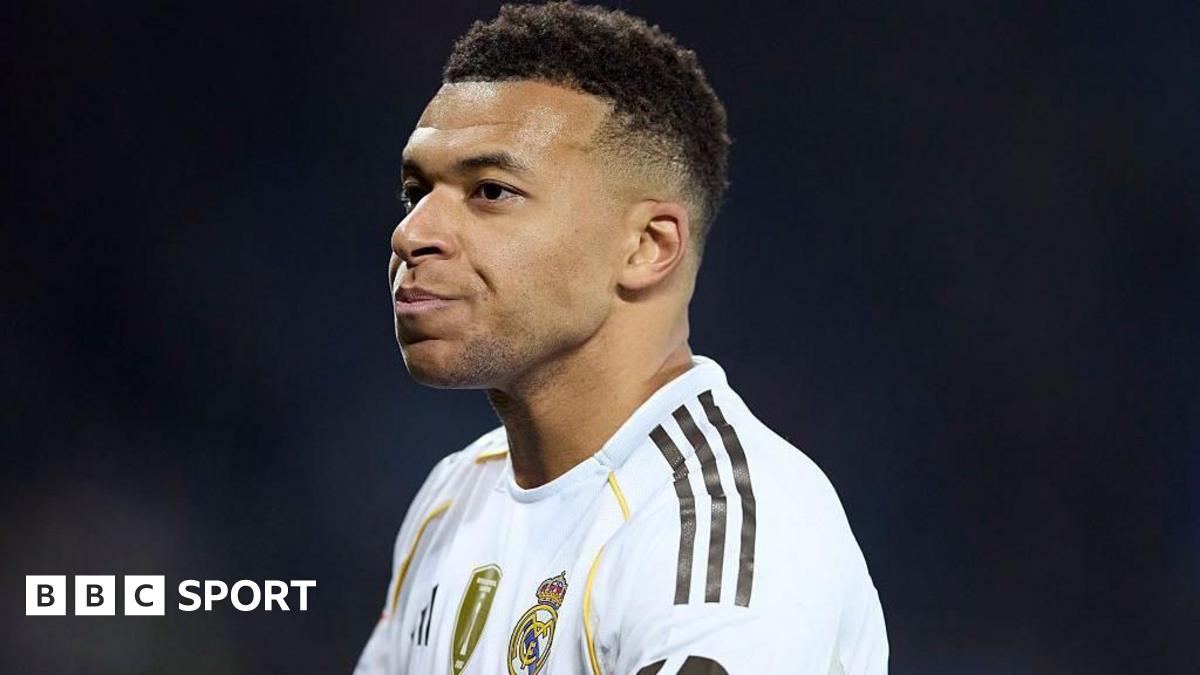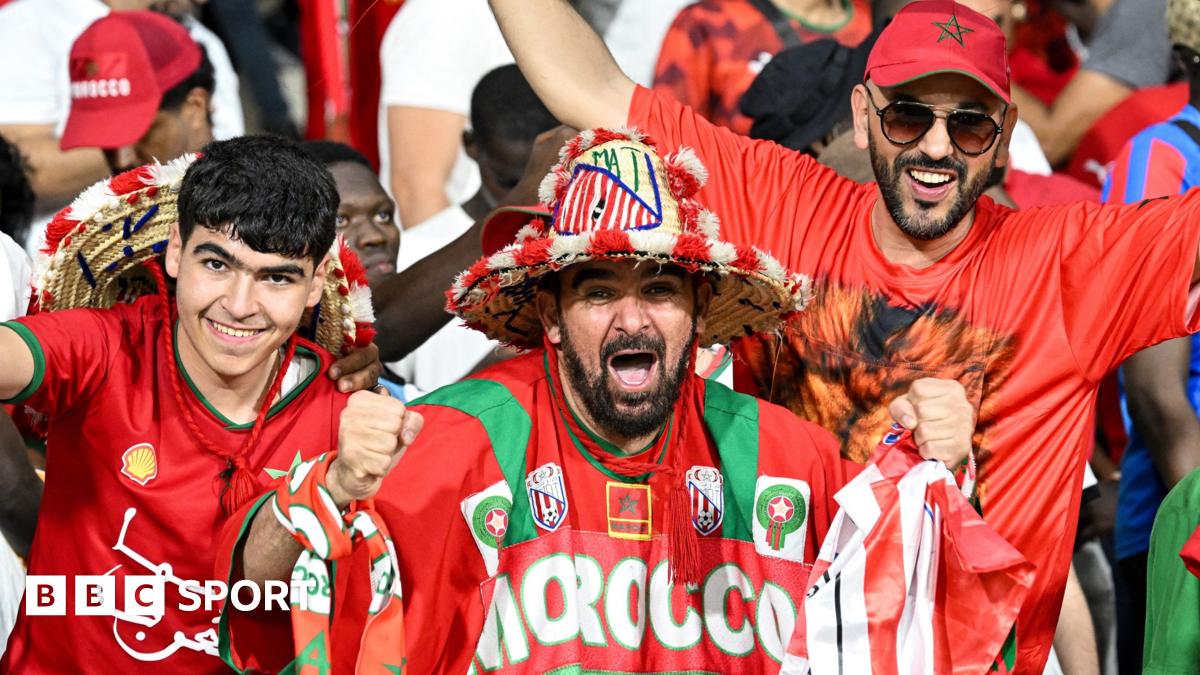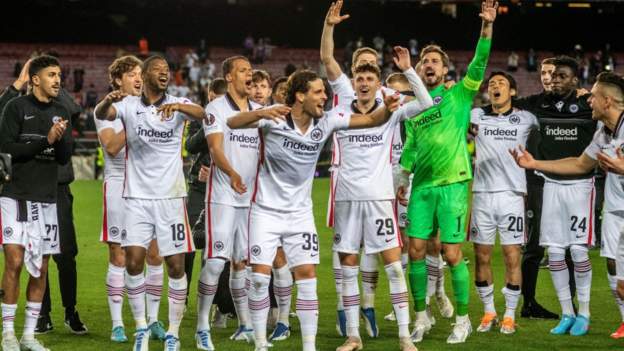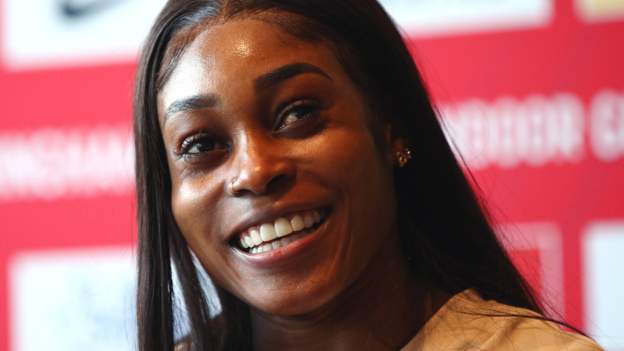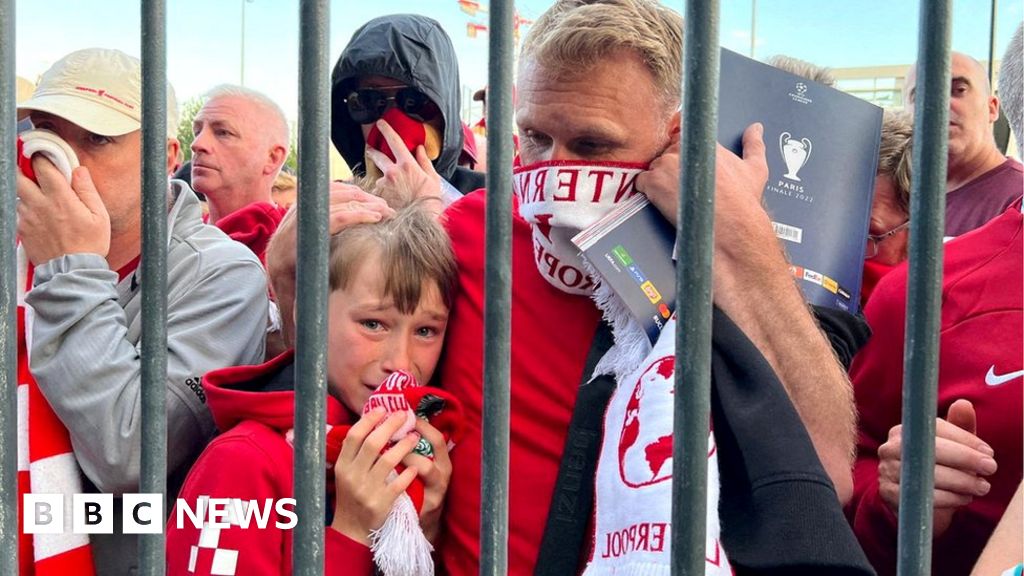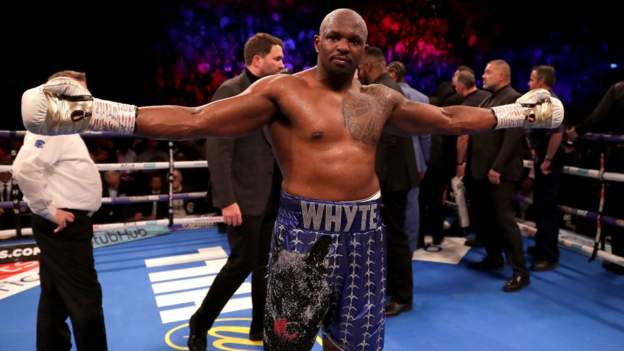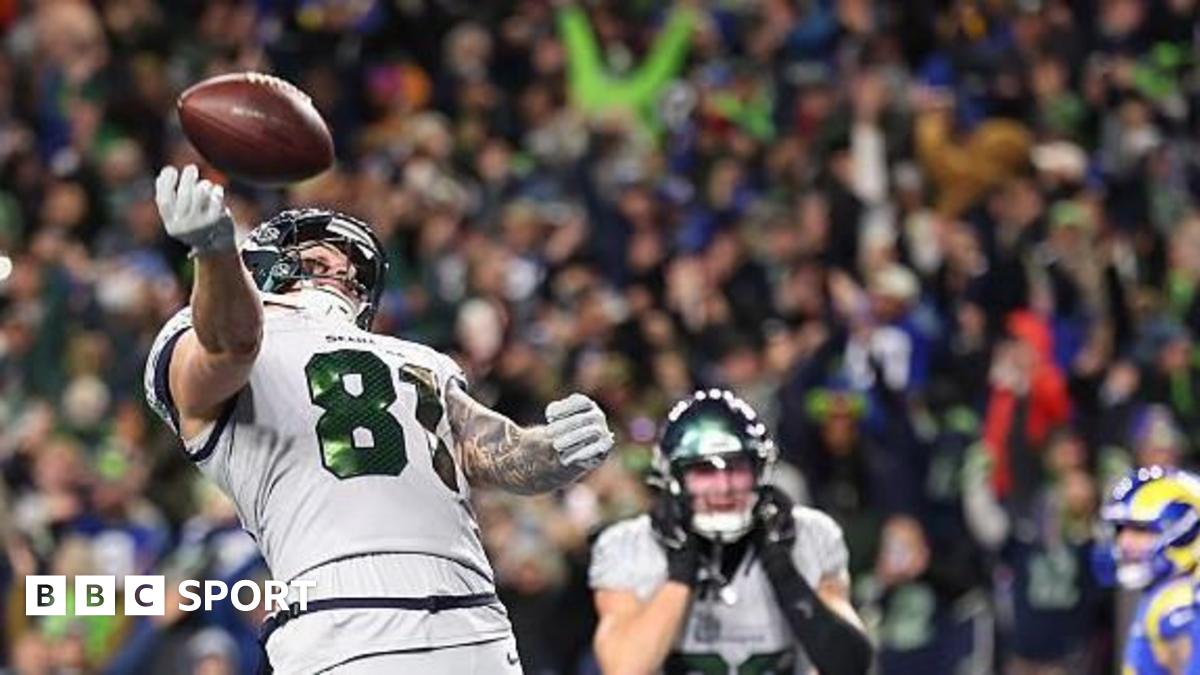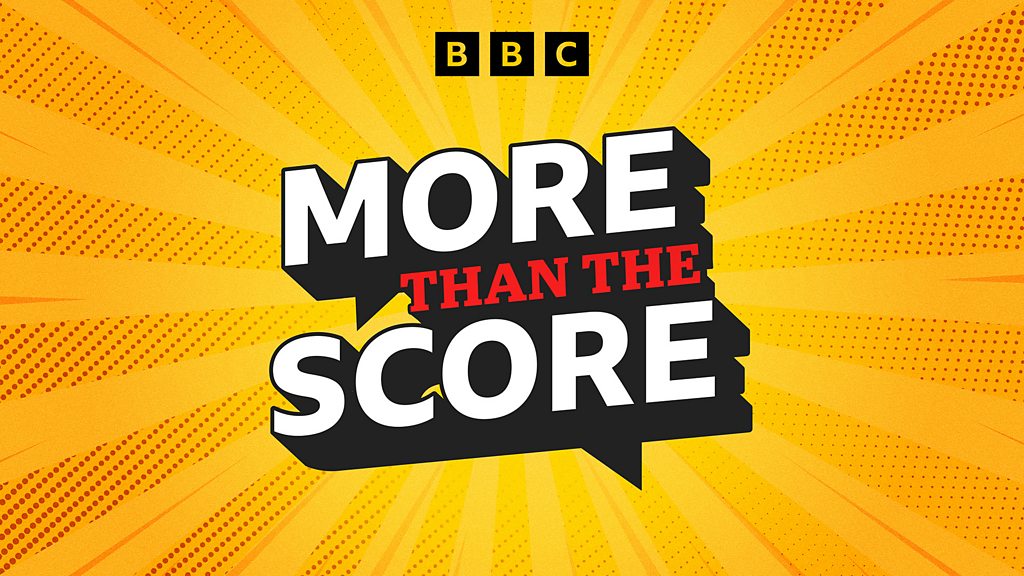“West Ham have never experienced an atmosphere like the one that awaits them when they face Eintracht Frankfurt on Thursday. It would be impossible for a stadium to be louder than the Waldstadion,” says Kicker journalist Julian Franzke.
The passion of Eintracht Frankfurt fans has been a calling card on their Europa League journey. They filled the stands at the Nou Camp when their team sensationally won against Barcelona in the quarter-finals – an estimated 30,000 supporters travelled to Spain for that game – and then crowded London when Eintracht beat the Hammers 2-1 in the semi-final first leg last week.
To understand this phenomenon, it is important to know Eintracht’s soul. Somewhat similarly to West Ham, this is a club with deep roots and a massive support that was deprived of success for decades. Their best years were a long time ago, and younger supporters grew up hearing about their World Cup-winning legends.
West Ham have never won the championship title in England. Eintracht’s only triumph occurred in 1959, before the Bundesliga was established. Stars who are still alive, like the 85-year-old Hungarian striker Istvan Sztani, are always welcome at the stadium.
West Ham are proud of their 1966 heroes – Bobby Moore, Sir Geoff Hurst and Martin Peters. For Eintracht, these are Jurgen Grabowski and Bernd Holzenbein, the stars of the 1974 World Cup. Holzenbein even won the crucial penalty in the final as West Germany beat the Netherlands.
Grabowski, widely considered Eintracht’s greatest player, died two months ago. Bernd Nickel, another legend of the ’70s, nicknamed Dr Hammer for his fierce shots and famous for having scored from all four corner flags at Waldstadion, died in October. The Europa League run is therefore dedicated in their memory.
That exceptional golden generation failed to win the championship title, though, only lifting the German Cup three times and the Uefa Cup in 1980.
Eintracht came closest to winning the Bundesliga in 1992, when the hugely entertaining team coached by Dragoslav Stepanovic needed to beat the relegated Hansa Rostock on the last matchday, but lost 2-1 in controversial and dramatic circumstances.
“Even now, a lot of fans have nightmares when they think about the 1992 disaster,” Franzke says. “Many people believe that winning that title would have secured Eintracht a much better future. We could have played in the Champions League in its inaugural season.”
Instead of becoming a major force, Eintracht were relegated for the first time in 1996, with national team goalkeeper Andreas Kopke in their squad.
That could have been a very significant blow, as the example of Kaiserslautern, who are now in the third division, shows. Eintracht came back, but were relegated again in 2001 and 2011.
Wise decisions were crucial to managing the crisis, and fans know that the current setup at the top of the club can be trusted. “President Peter Fischer and chief executive Axel Hellmann have been Eintracht fans all their lives,” Franzke adds. “Supporters appreciate and respect them. They know the club is in good hands.”
When Frankfurt won the German Cup in 2018, beating Bayern in the final, Fischer and Hellmann personally brought the trophy to every fan club across the state of Hessen.
“Every fan might have touched that cup,” says Sport1 journalist Christopher Michel. “Eintracht are different because the entire state stands behind it. There are many different professional clubs in North Rhine-Westphalia or Bavaria, but in Hessen it doesn’t matter whether one comes from the north, east, south or west. Everyone is rooting for Eintracht.”
“That cup triumph in 2018 was absolutely huge for the club, because we waited 30 years for it,” says Franzke. “After all those disappointments, you know to appreciate the good days.”
This is why this Europa League campaign is so special too.
“These matches are celebrated so passionately, because we suffered too much in the past,” adds Franzke. “Fans feel that this might be the last European journey for a long time. As a Frankfurt supporter, you always expect the worst.”
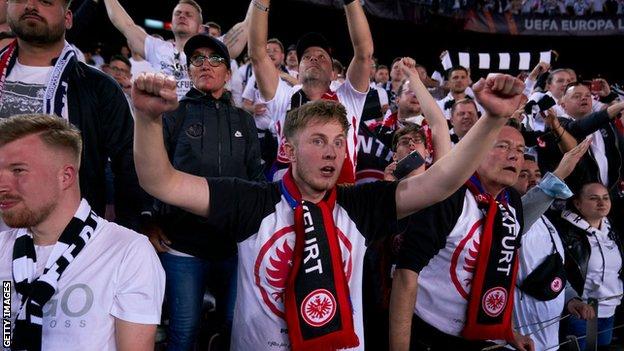
But there is also a place for optimism, because these are the new glory days, starring new heroes.
Under the Austrian coach Oliver Glasner, who chose to leave Wolfsburg last summer despite taking them into the Champions League, Eintracht play with speed in transition and use their wings heavily.
Throughout history, they loved flair players, especially Jay-Jay Okocha, who started his European adventure at Frankfurt and scored one of the most beautiful goals in Bundesliga history, making fun of Oliver Kahn in 1993.
The new crop of players are entertainers too, especially Filip Kostic – one of the most effective left wing-backs in the world and a dead-ball specialist, recently linked with a lot of Premier League clubs, including West Ham themselves. The Serb scored twice and provided an assist in the famous win at Barcelona.
The Colombian star Rafael Santos Borre is an extremely mobile centre-forward, while the young Danish midfielder Jesper Lindstrom is a very promising prospect.
“Young people are experiencing what our parents did in the 1950s and we did in the ’70s – times of success. We are used to losing but now we enjoy winning,” says veteran fan and Eintracht museum worker Axel Hoffmann.
Now Eintracht are two matches away from winning the Europa League and booking their place in the Champions League.
They were the first German club to have appeared in the European Cup final, losing 7-3 to the magical Real Madrid in 1960 at Hampden Park. Incredibly, that was their last match in the continent’s major club competition, because the dream of returning was so cruelly shattered in 1992.
Sixty-two years on, they have a chance to be back, and such thoughts fill every Eintracht fan with joy and excitement. It is no surprise the Waldstadion crowd will make a deafening noise on Thursday.



